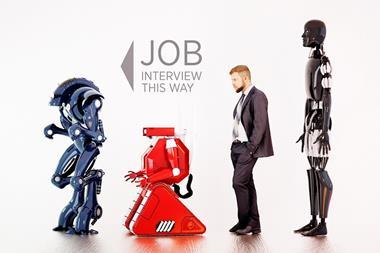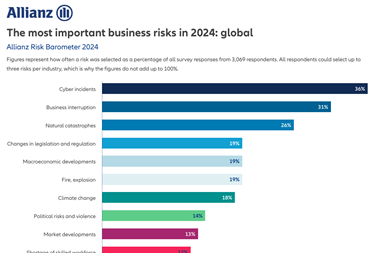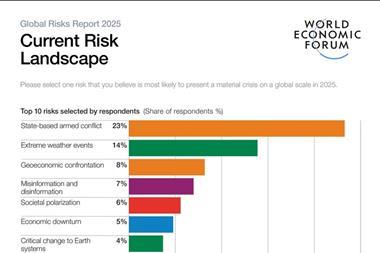Risk managers are the vital link between a company’s wisdom and the transformative potential of artificial intelligence, says Volkan Can, enterprise risk manager of a global building materials company, and board member of ERMA, Turkey
The AI hype is sweeping across industries, but amidst the buzz, it’s crucial to maintain a sense of composure.
While it’s undeniable that AI will inevitably reshape the job market, this transformation is not a distant prospect—it’s looming on the horizon.

Even seasoned professionals, including corporate board members, find themselves grappling with uncertainty about their future relevance in the face of AI’s rapid advancement.
However, rather than succumbing to anxiety, there are constructive ways to approach this paradigm shift.
Consider the analogy of the wheel—an ingenious invention that revolutionised transportation. Yet, despite its transformative impact, humans remained the guiding force, determining where the wheel would take them.
Similarly, AI functions as a tool, augmenting human capabilities rather than supplanting them entirely.
One significant distinction with AI, though, is its capacity to not only assist but also to predict and guide. While individuals still hold the reins, AI offers insights into potential destinations, serving as a navigational aid in our journey towards progress.
The democratisation of software programming has made AI accessible to a broader audience. However, amidst this accessibility, the value of experience emerges as paramount.
In the evolving landscape, experience becomes the cornerstone of decision-making, exponentially increasing in worth.
In contemporary times, the ability for individuals to develop their own AI models has become increasingly accessible. However, the efficacy of these endeavors is contingent upon a clear definition of the business context.
Even for adept AI practitioners, practical business cases serve as essential foundations for meaningful work. Here, experience, intellectual capacity, and the historical trajectory of companies play pivotal roles.
Within this landscape, the role of risk management emerges as paramount. It serves as the nexus through which all facets of company intelligence converge.
In this dynamic environment, the interplay of various company functions generates a substantial flow of intelligence. Consequently, risk management becomes indispensable, orchestrating the synthesis of diverse insights to inform strategic decision-making and mitigate potential vulnerabilities.
Risk managers serve as custodians of a company’s intellectual assets, filtering and distilling experiences to fuel AI-driven innovations. By discerning the materiality and impact of various experiences, they guide AI to optimise products and strategies for maximum value creation.
In essence, risk managers act as the vital link between a company’s accumulated wisdom and the transformative potential of AI. Through their expertise, they harness the power of AI to propel organisations forward, enhancing enterprise value in the process.
Thus, as we navigate the AI revolution, let’s do so with confidence, armed with our wealth of experience and a healthy dose of humor. Embracing change is not just about adapting to new technologies—it’s about leveraging them to chart a course towards a brighter future.




















No comments yet